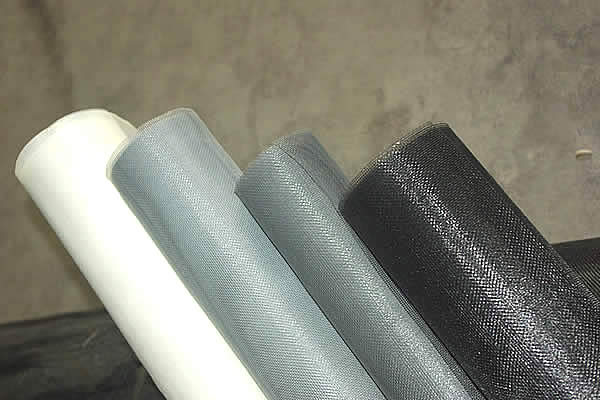 TEL:
+86-13102802206
TEL:
+86-13102802206
 Email:
fencenetting@china.com
Email:
fencenetting@china.com
 Language
Language
 TEL:
+86-13102802206
TEL:
+86-13102802206
 Email:
fencenetting@china.com
Email:
fencenetting@china.com
 Language
Language


The Versatility of Welded Mesh Panels
Welded mesh panels are increasingly becoming a staple in various industries and applications due to their strength, versatility, and cost-effectiveness. These panels are made from wire strands that are welded together at intersections, creating a robust grid structure that can serve multiple purposes. As we delve into the uses and advantages of welded mesh panels, we will explore why they have become a popular choice for many projects.
One of the primary benefits of welded mesh panels is their structural integrity. The welding process enhances the strength of the intersections, providing a durable solution that can withstand considerable stress and pressure. This makes them ideal for construction and landscaping projects. Whether used as concrete reinforcement or as fencing to secure perimeters, welded mesh panels ensure safety and stability.
In agricultural settings, welded mesh panels find their utility in various ways. They are commonly used for creating enclosures for livestock, ensuring that animals are safe while allowing adequate airflow. Additionally, these panels can be employed for fencing in gardens, protecting crops from pests while providing a sturdy support structure for climbing plants. The open design of welded mesh promotes sunlight penetration and ventilation, which is essential for healthy plant growth.
Another significant advantage of welded mesh panels is their adaptability. They can be easily customized to meet specific project requirements. Available in different sizes, wire gauges, and coatings, these panels can be tailored to fit a range of applications, from residential fencing to industrial storage solutions. Additionally, welded mesh panels can be coated with various materials, such as PVC or galvanized steel, to enhance their resistance to corrosion and extend their lifespan, making them suitable for outdoor use in varying weather conditions.

In the construction sector, welded mesh panels are invaluable for reinforcing concrete structures. Used in floors, walls, and foundations, they help distribute loads evenly, reducing the risk of cracks and enhancing the durability of the construction. This not only improves the integrity of buildings but also leads to cost savings in maintenance over time.
The ease of installation also adds to the appeal of welded mesh panels. Their lightweight nature and modular design allow for quick assembly, saving both time and labor costs during construction or renovation projects. This efficiency is especially beneficial for large-scale operations where time is of the essence.
Furthermore, welded mesh panels are eco-friendly. They are often made from recycled materials, and their longevity reduces the need for frequent replacements, minimizing waste. In an age where sustainability is crucial, these panels present a responsible construction choice.
In conclusion, welded mesh panels are an excellent investment for a multitude of applications. Their strength, adaptability, ease of use, and sustainability make them an indispensable component in agriculture, construction, and beyond. As industries continue to seek efficient and reliable solutions, the demand for welded mesh panels is likely to rise, further solidifying their place in various frameworks and projects.